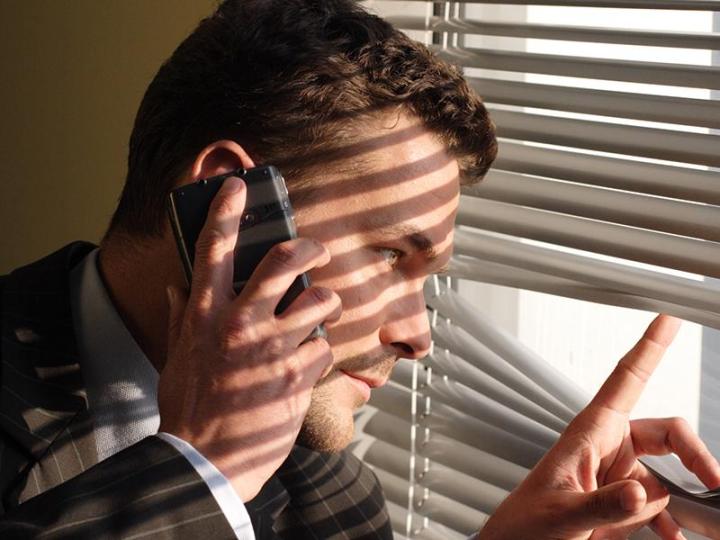
Two privacy researchers have lifted the lid on how much it costs to keep us under surveillance, offering up a handy comparison chart that shows just how cheap modern-day spying techniques are when compared with the old-fashioned foot and car pursuits of the past.
Should you want to park a suspicious-looking van at the end of someone’s street, for example, you’re looking at a bill of around $275-an-hour for several weeks. By comparison, the cost of tapping someone’s cell phone over the same period could be as little as $0.04-per-hour.

Kevin Bankston and Ashkan Soltani published their work in the Yale Law Journal, in response to the landmark 2012 US vs. Jones Supreme Court decision that found that GPS tracking had to be classified as a different kind of tracking to the traditional foot and car methods. The researchers weighed up both the cost of the technology and the cost of keeping agents on the ground, and have even broken down cell phone tracking by network: over a month, T-Mobile is the most expensive ($2,800), AT&T the second most expensive ($800) and Sprint the cheapest, by a long way ($30).
The fact that the police or FBI can now fix a GPS transmitter to the underside of your car rather than having to keep two agents and a vehicle on your tail means that more people can be tracked for a fraction of the cost. “You have such a drastic reduction in the cost to perform the surveillance that they’re different not just in quantity but in kind,” Soltani told Forbes. “It would be humanly impossible to track the number of people [law enforcement agencies] are currently tracking without this technology. And that’s why it’s such a game changer.”
“When it was physically impossible to track everyone at the same time, you didn’t need a law for it. What we’re saying is that technology changes what’s possible, and as a result, we may need to add legal barriers to compensate for those changing technical barriers.”
In the US vs. Jones case, warrantless GPS tracking was found to be more of a potential privacy violation than following someone in a car, even though the two methods achieve broadly similar results. As yet, no such definitive ruling has been made regarding tracking cell phones without a warrant, and it’s this issue that Bankston and Soltani are hoping to draw attention to.
[Image courtesy of Marcin Balcerzak / Shutterstock]


